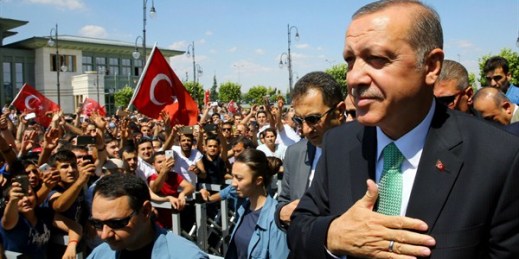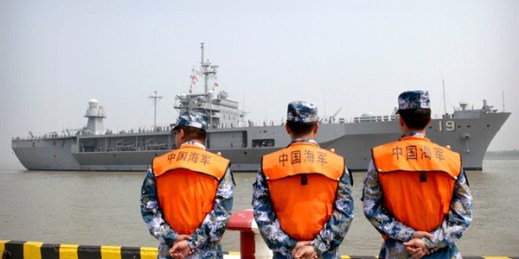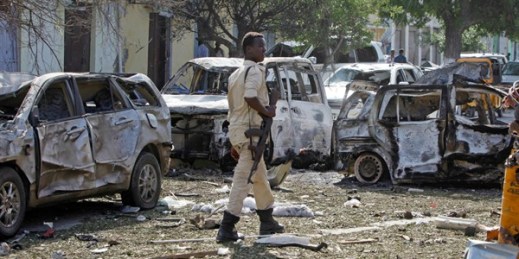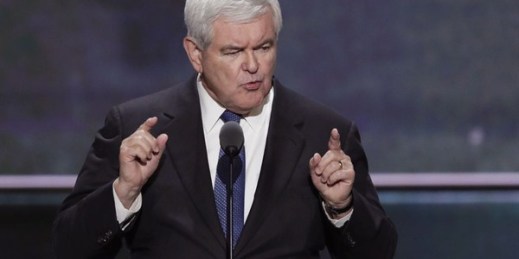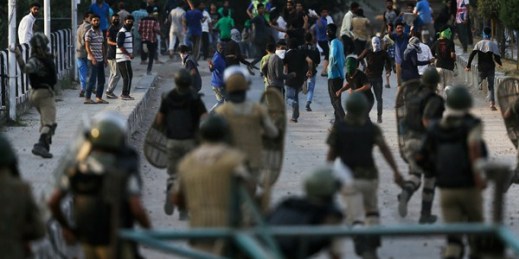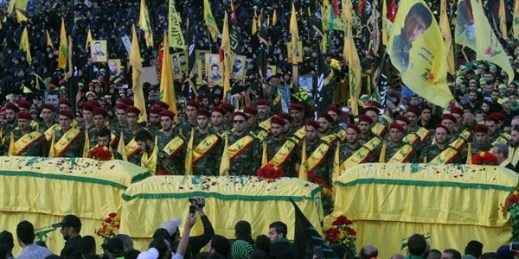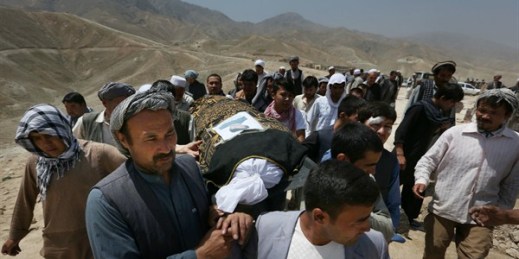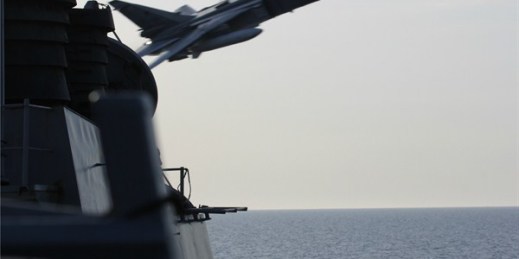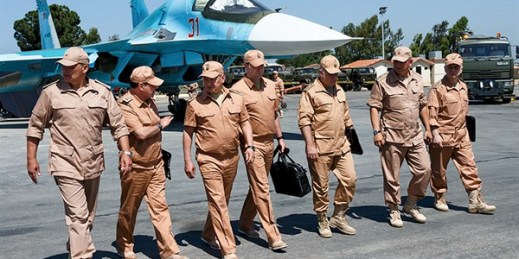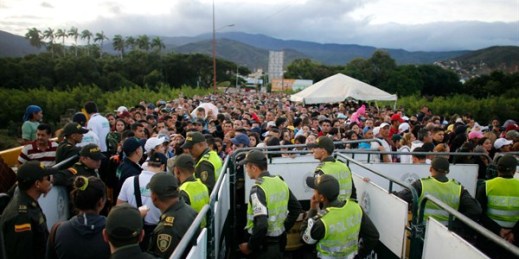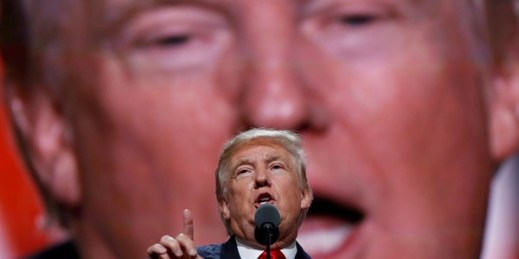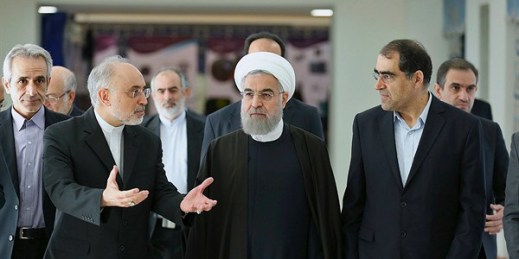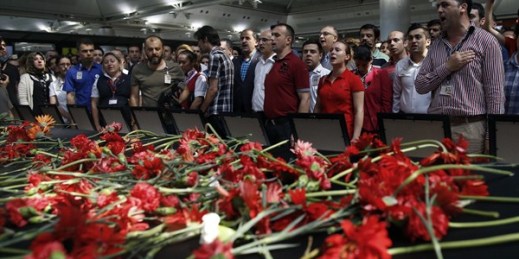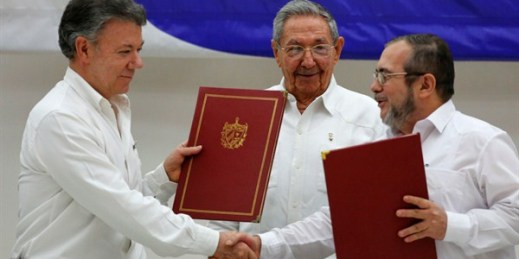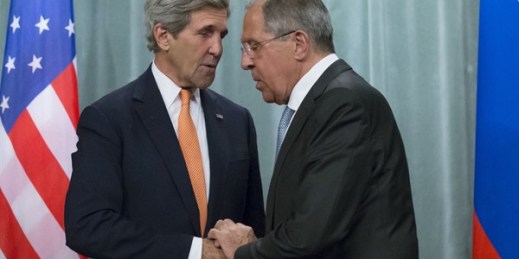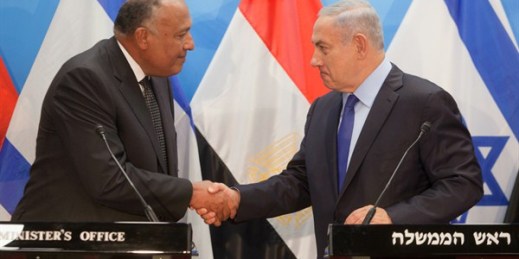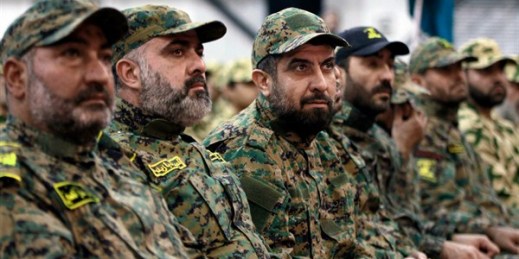
In this week’s Trend Lines podcast, WPR’s editor-in-chief, Judah Grunstein, and host Peter Dörrie discuss the potential for conflict between the U.S and Russia, al-Shabab’s resilience, and Indian Prime Minister Narendra Modi’s response to unrest in Kashmir. For the Report, Nicholas Blanford joins us to talk about the effect of the Syria conflict on Hezbollah’s standing in Lebanon and the region. Listen:Download: MP3Subscribe: iTunes | RSS Relevant Articles on WPR: The Real Risk of Unintended U.S.-Russia Conflict Why Territorial Losses Don’t Weaken Somalia’s Al-Shabab Modi’s Kashmir Conundrum: Promising Development as Violence Intensifies Will Syria Be Hezbollah’s Proving Ground, or Its […]

